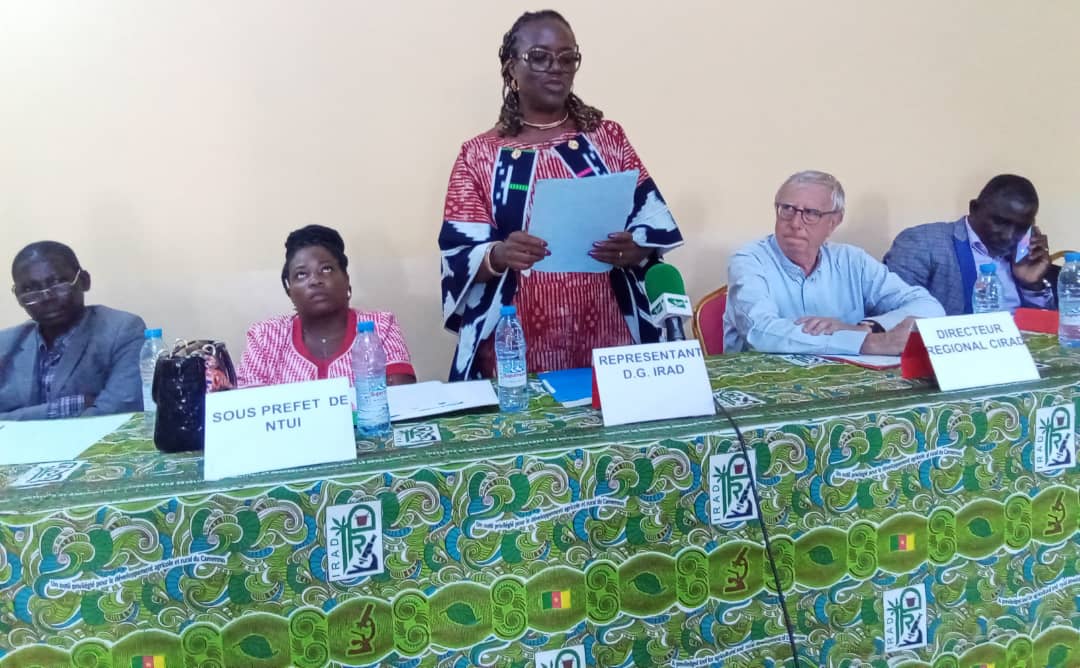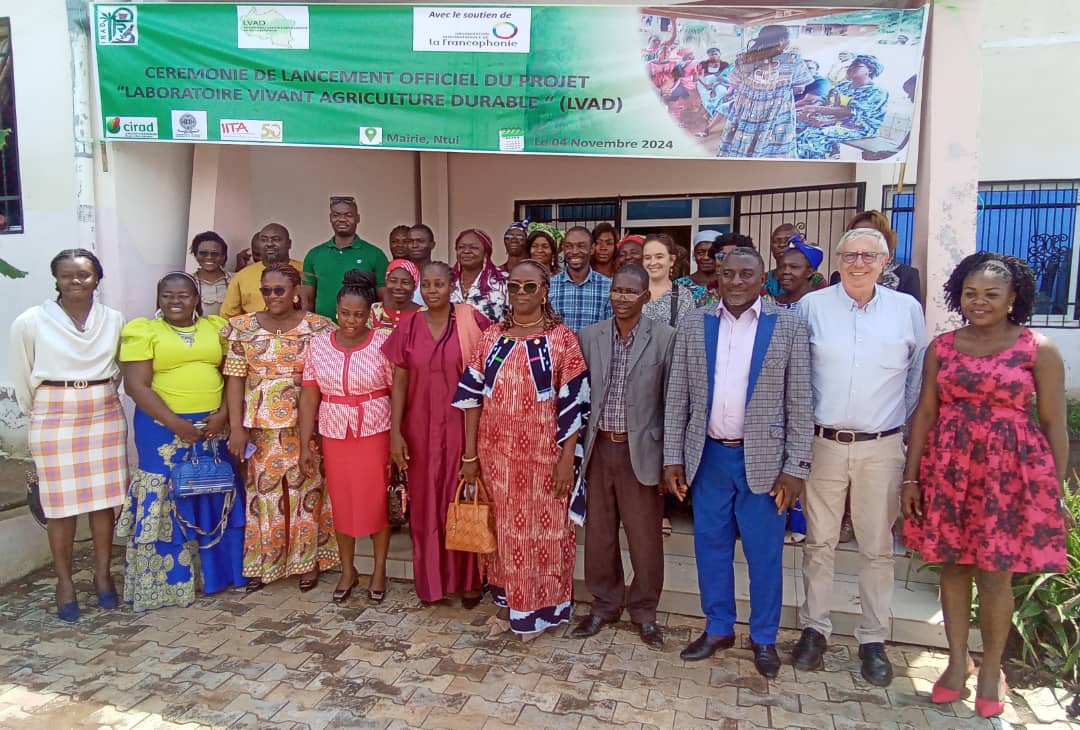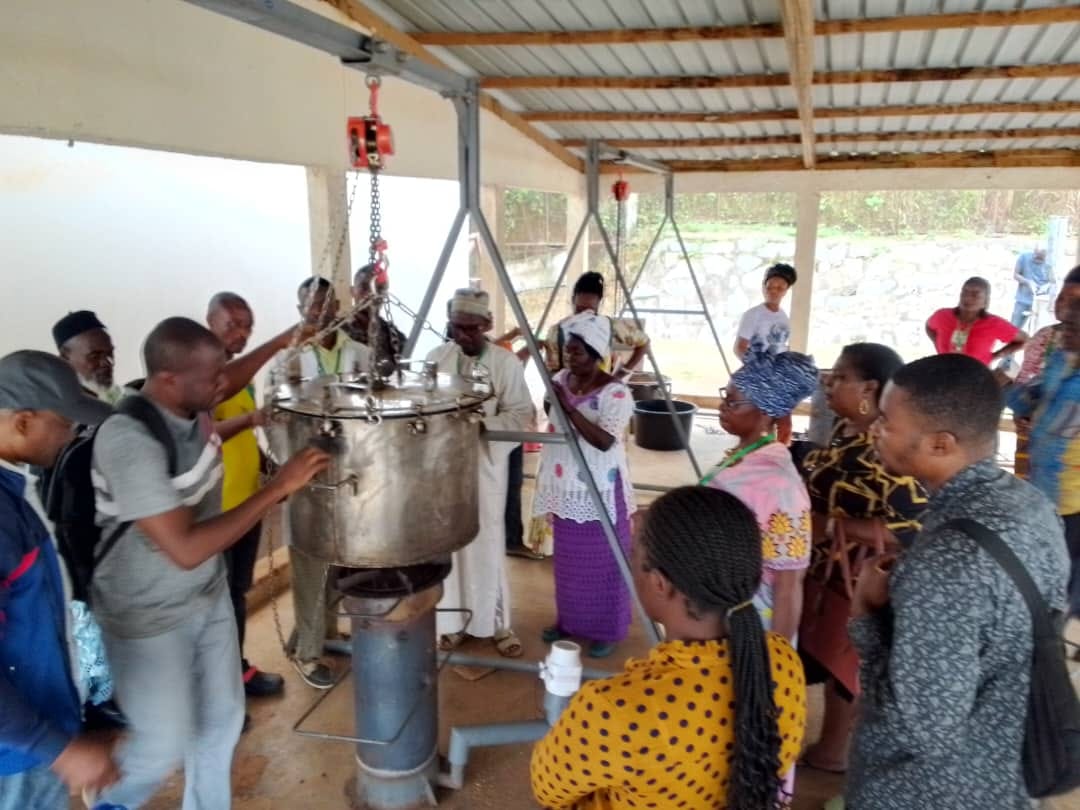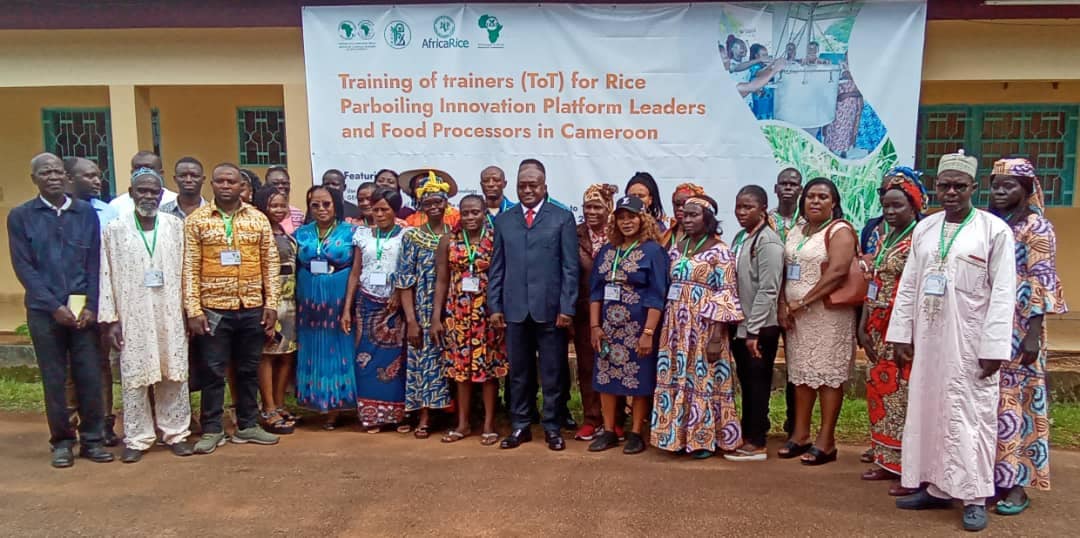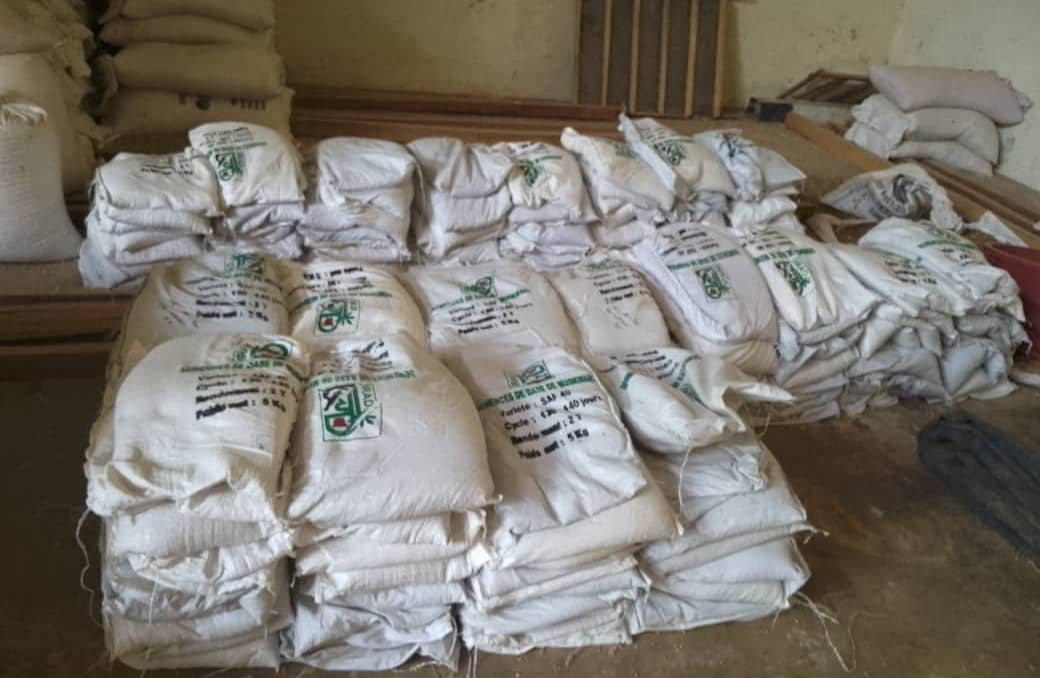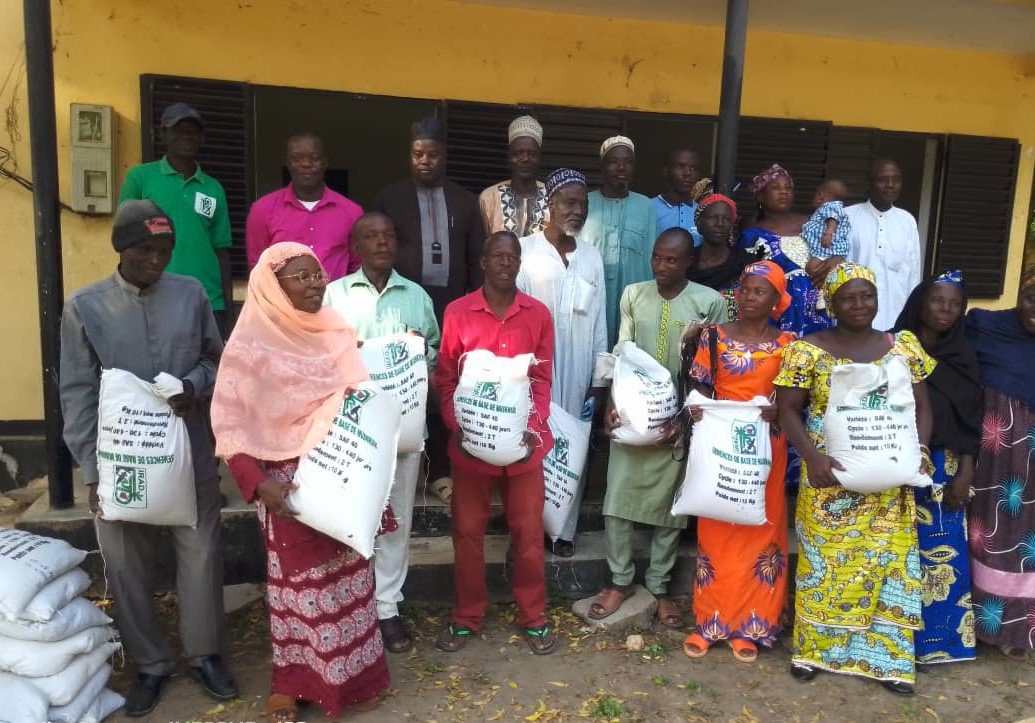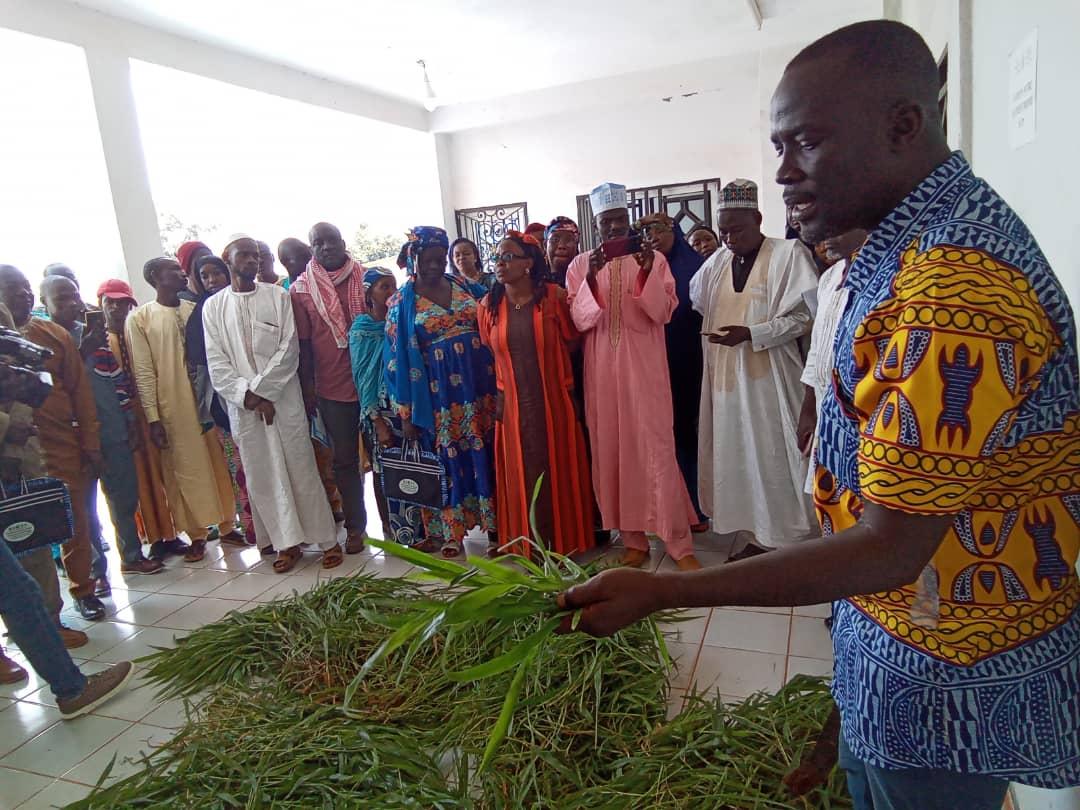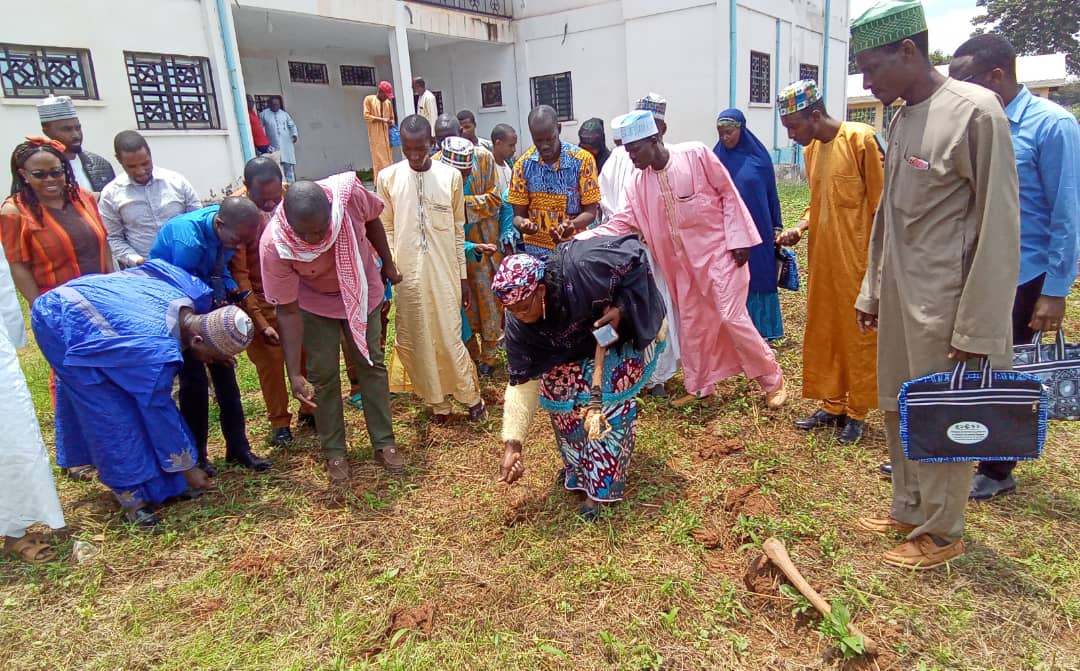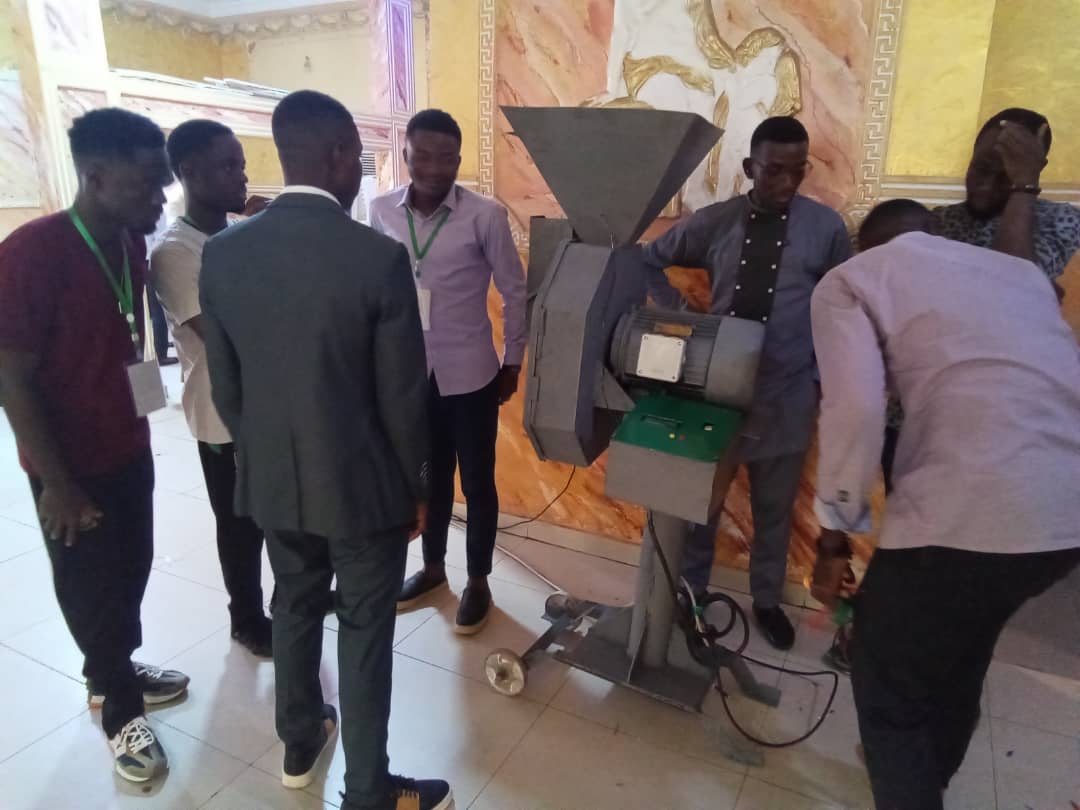
Young Cameroonian scientists have been trained in programming Field-Programmable Gate Array (FPGA) and Arduino boards, from 11 to 23 November 2024 in Yaounde by the Institute of Agricultural Research for Development (IRAD), headed by Dr Noé WOIN. This is part of the Project for the Development of Intelligent Agricultural Equipment (PDEAI), selected under the 3rd call for proposals for micro-projects of phase II of the grant awarded to the PRICNAC ( Promotion of Research, Innovation and Digital Culture in Central Africa) Project by the Francophone University Agency (AUF) and its partners, with the support from the Research and Innovation programme of the Organisation of African, Caribbean and Pacific States (OAPCPS-RI) funded by the European Union (EU).
"The activities of the PDEAI aim to promote innovations in the field of Artificial Intelligence (AI) in an inclusive approach in the Economic and Monetary Community of Central African States (CEMAC) in order to have a significant impact on the development of the agro-industry and ease the use of innovative technologies", said Dr Francis NGOMÈ AJEBESONÉ, IRAD's Deputy Director General, on 11 November 2024 in Yaounde, during the launching ceremony of the training workshop for young scientists. The ceremony was attended by the PRICNAC/AUF coordinator, the Acting Inspector General of MINRESI, the Head of CRRI-Centre and Dr Alban NGATCHOU, the PDEAI coordinator at IRAD.

According to IRAD's Deputy Director General, this training, divided into two groups of several sessions, aims "to transform the ideas concerning the field of AI that are slumbering in these young people, into commercial assets".
Dr Alban NGATCHOU said that participants will benefit from a number of training modules during the 13 days, including : the various Programmable Logic Devices (PLD) technologies, the architecture of the Arduino board, the architecture of the FPGA board, lighting an LED and an incandescent bulb using the Arduino board, programming traffic lights, programming a light-emitting diode (LED) display, programming a strain gauge, remote control of an electronic device (using a Smartphone), controlling the rotation speed of a motor, programming a signal processing system, etc.
At a time when AI is revolutionising society, the ultimate goal of this initiative, according to its promoters, is to enable these young scientists to develop relevant innovations (manufacturing machines and devices using FPGA and Arduino boards, especially mills for crushing, husking, winnowing, etc.) in the field of emerging technologies. Work tools and devices that will contribute to the emergence of Cameroon.
The Communication Unit

